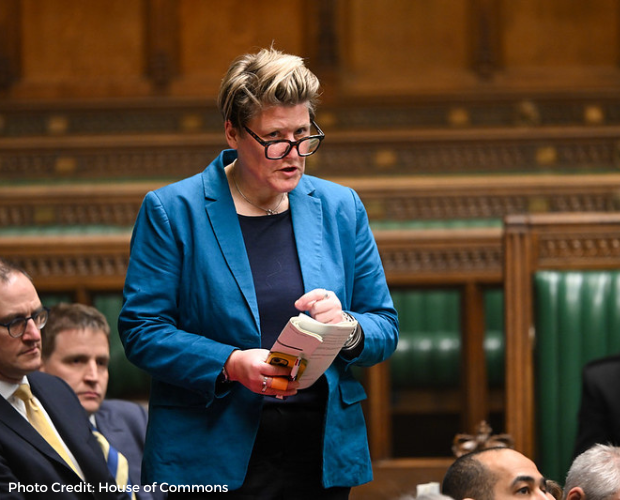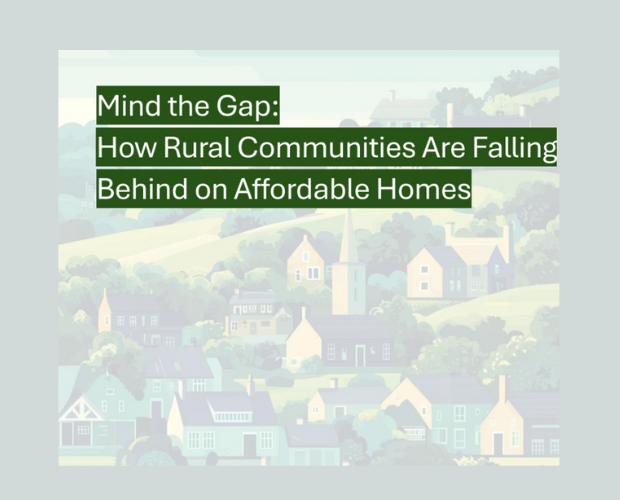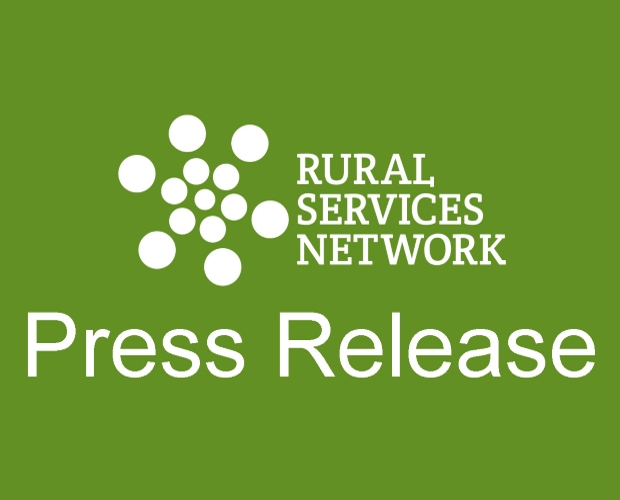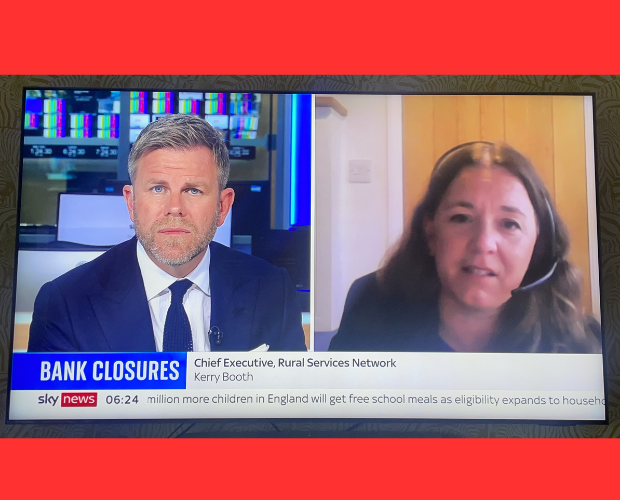T: 01822 851370 E: [email protected]
RSN Voices Serious Concerns Over ‘Fairness’ Of Settlement
Read here...
MPs from across the House last week debated the urgent need for reform to the Special Educational Needs and Disabilities (SEND) system, following a petition signed by more than 120,000 people. Contributors spoke of families battling long delays, schools unable...
- To download the Agenda for this seminar click here POST EVENT: PRESENTATIONS Kerry Booth, Chief Executive, Rural Services Network, “Rural Services Network Campaigning and rural policy” View a video of this presentation below:...
The House of Commons Transport Committee has published the Government’s response to its report Access Denied: Rights versus Reality in Disabled People’s Access to Transport. The report highlights the persistent barriers faced by disabled people across all modes of transport...
Affordable Housing Need 50% Greater in Rural Areas, Report Reveals England’s rural communities are experiencing an affordable housing crisis of unprecedented scale, with the need for affordable homes is more than 50% higher than in urban areas, according to a...
The Rural Services Network welcomes the publication of today’s Spending Review as an important marker of this new government’s priorities — and we particularly note the Chancellor’s commitment to ensuring that the benefits of growth and investment are felt across...
Bank closures and their impact on rural communities were firmly in the national spotlight last week, with the issue debated in Parliament and discussed on Sky News. Ahead of the debate, RSN Chief Executive Kerry Booth joined Sky News presenter...
A recent report from the National Audit Office (NAO) highlights significant weaknesses in the Ministry of Housing, Communities & Local Government’s (MHCLG) developer contributions system in England — a key mechanism for funding local infrastructure such as schools, roads, public...
A new Private Members’ Bill has been introduced to Parliament that seeks to tighten planning rules for short-term holiday lets and second homes. The proposal would require property owners to apply for planning permission before letting out their properties on...
Campaign for Better Transport is calling for an additional £1 billion a year for buses as its analysis reveals four out of every ten wards in England and Wales (3,003 out of 7,608) do not have a ‘reasonable’ level of...
The Government has unveiled new reforms aimed at boosting small and medium-sized (SME) housebuilders in England, with a particular focus on easing planning rules, streamlining processes, and providing financial support. The measures, outlined in a recent press release from the...
NEWSLETTER
Sign up to receive all our latest news and updates.
HOT TOPICS
Amid reduced public spending, fair resource allocation across regions is crucial. Despite a population larger than Greater London, rural areas receive significantly less funding for essential services, even though delivering these services in rural areas is more expensive.
Economic growth is widely acknowledged as essential for national wealth and prosperity and is a priority for political parties. Rural economies, employing millions and home to a higher proportion of small businesses, have potential for growth if barriers are removed.
Rural residents face distinct healthcare challenges, including limited access to transport, longer distances to medical facilities, an aging demographic, housing inadequacies, digital connectivity gaps, and difficulties recruiting health and care workers.
Rural communities are grappling with a severe affordable housing crisis, marked by high house prices, a lack of affordable housing, elevated living costs, and lower incomes, threatening their sustainability and vitality.
Transport is vital for the quality of life and economic health of rural areas, yet it faces challenges such as infrequent public bus services and less Government funding compared to urban regions.
Rural areas, encompassing a substantial portion of England's population and land, play a pivotal role in combating climate change and achieving the net zero target.
In an increasingly digital world, the lack of robust digital infrastructure in rural areas severely limits access to crucial services and stifles economic growth.
A future-focused vision for rural communities involves not just building the right homes in the right places but also ensuring thriving, sustainable communities.
SIGN UP TO OUR NEWSLETTER
Sign up to our newsletter to receive all the latest news and updates.













